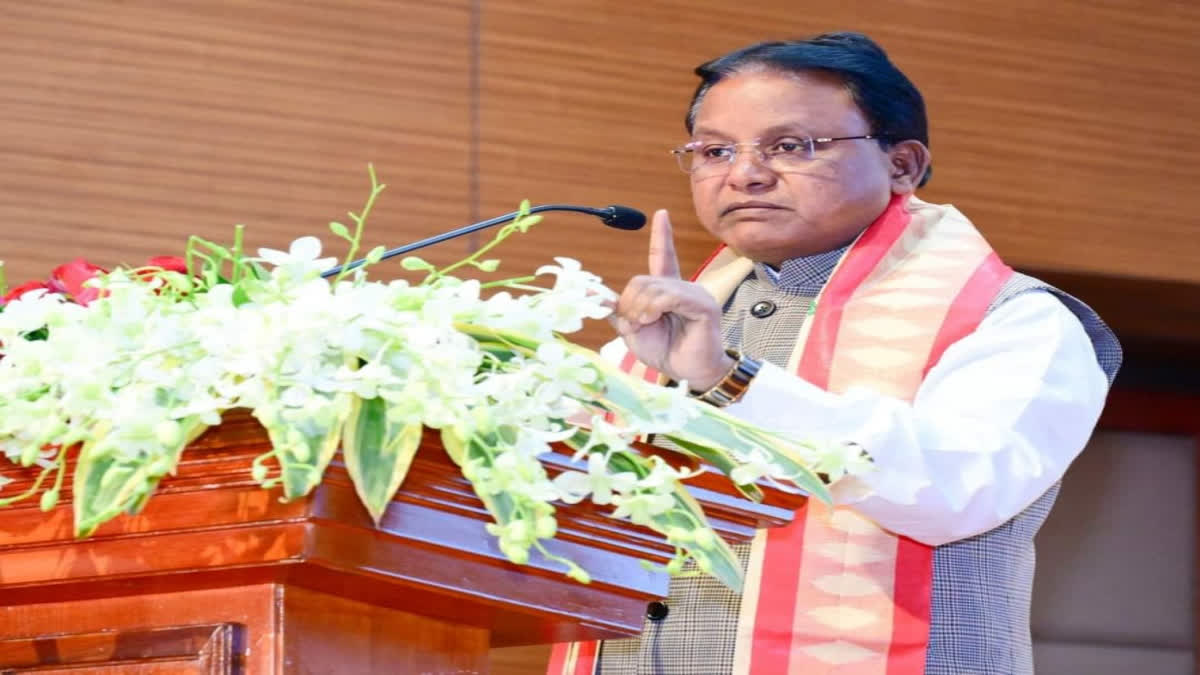Bhubaneswar : Odisha Chief Minister Mohan Majhi criticized the previous administration for its alleged neglect of women’s safety, pointing to a conviction rate of just 9.3% in crimes against women as evidence of governance failure. Speaking at an event on the Indian Civil Protection Code and Indian Justice Code at Lok Seva Bhawan, Majhi committed his government to tackling crime against women with renewed resolve.
Majhi, joined by Law Minister Prithviraj Harichandan, Chief Administrative Secretary Manoj Ahuja, and former State Information Officer Jagdananda, spoke about the need to improve the justice system’s accessibility and effectiveness. “For 24 years, the former Chief Minister led the home department but left women’s safety and justice in a dismal state,” Majhi said. “The previous administration often touted its commitment to women’s empowerment, but the numbers tell a different story.”
According to National Crime Records Bureau (NCRB) data, the conviction rate for crimes against women in Odisha is a mere 9.3%, lower than national averages. Majhi criticized the former administration’s lack of political will and ineffective handling of cases, stating, “Women’s safety was compromised due to poor investigations and pressure tactics that often halted cases. While other states have made strides in protecting women, Odisha remains stagnant.”
In response, Majhi pledged to make women’s safety a top priority for his government. “We are committed to reversing this trend and will consider extraordinary measures, including establishing special courts dedicated to crimes against women,” he declared. Majhi has instructed district magistrates and superintendents of police to take stringent action in cases involving women’s safety.
Justice at the Doorstep: A New Initiative
At the event, Law Minister Prithviraj Harichandan outlined the government’s 'Justice at Doorstep' initiative, designed to make legal processes more accessible to all citizens. Under this program, village courts will be established in all blocks across the state, easing the burden on higher courts and ensuring that people in rural areas receive timely justice.
“We must bridge the gap between the people and the law,” Harichandan stated. “The law should be understandable and applicable at the grassroots level. In the coming days, the government aims to simplify legal access and raise awareness among rural communities about their rights.” Harichandan noted that six village courts have already received approval and will soon be operational, with plans for more to follow.
